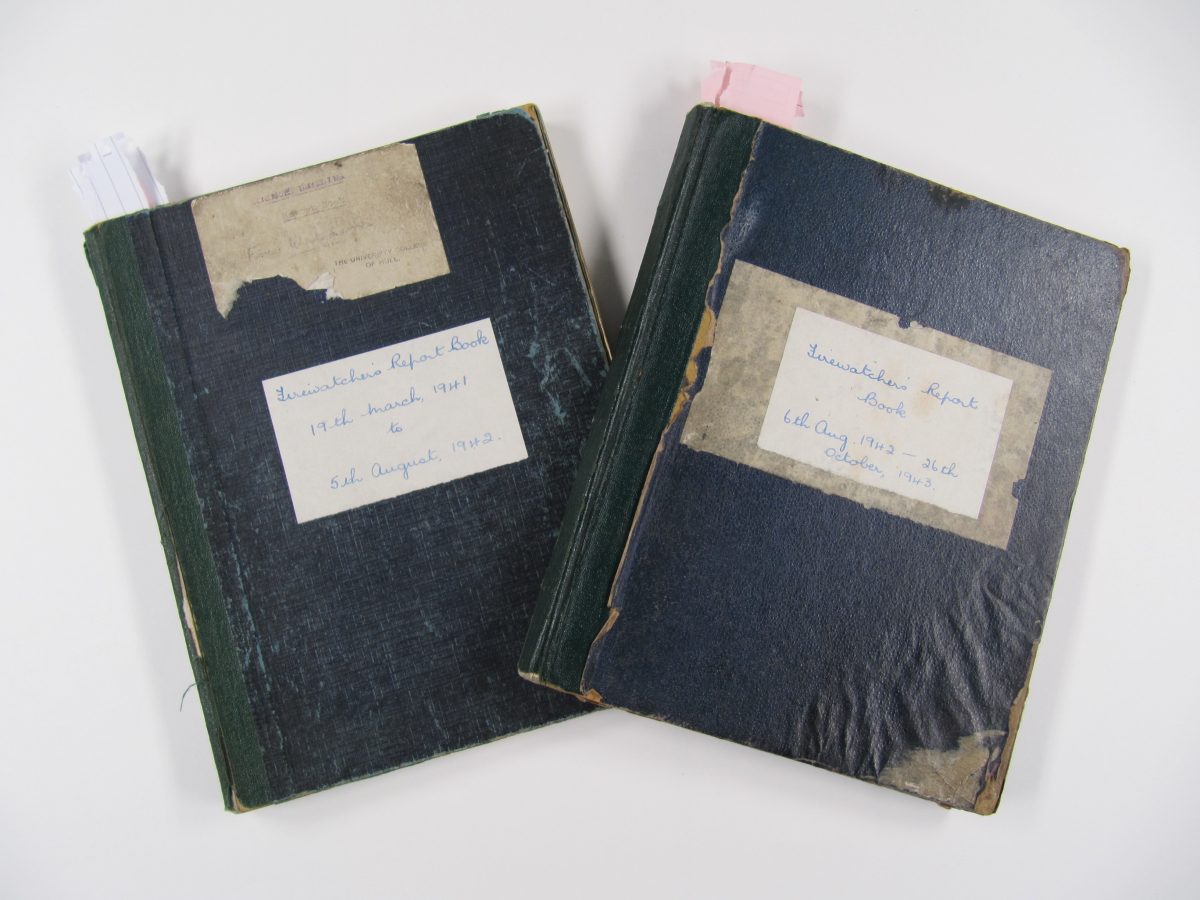Every now and again we uncover a small collection of records at Hull University Archives that really bring life to years gone by. One such discovery was made in 2019 whilst staff were preparing an exhibition and source guide on Second World War records. Amongst the early records created by the University of Hull, we […]

